Mushrooms: Field Identification and Fungal Ecology
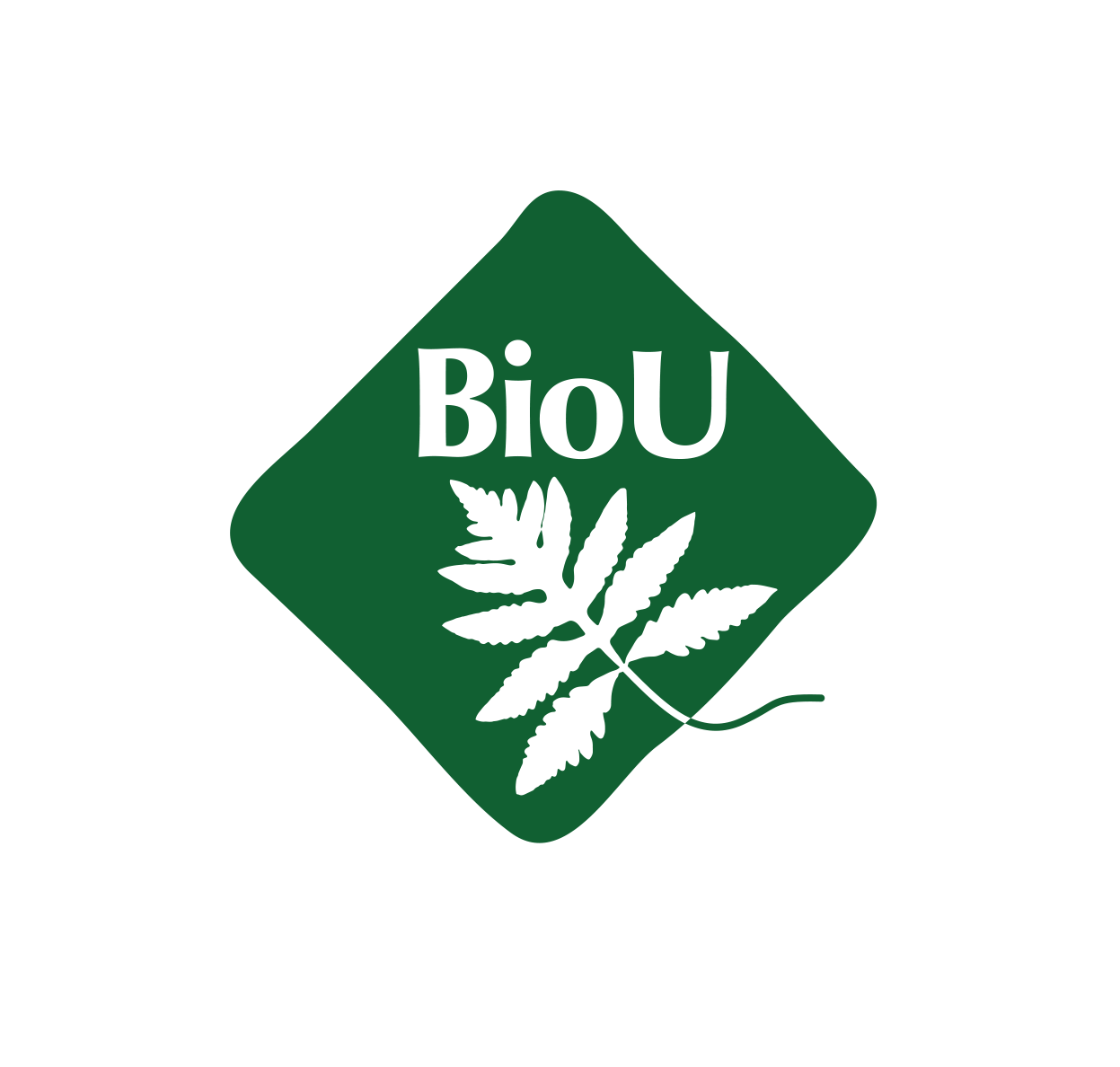
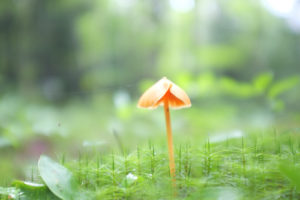
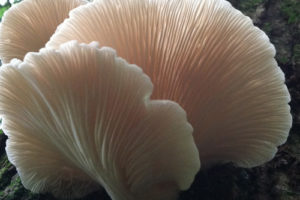
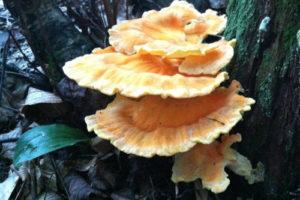
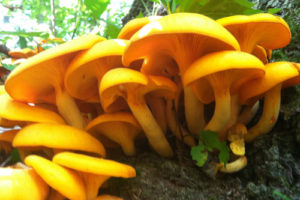
Instructors: Dave Muska
June 15 – 16 | $295
M
ushrooms have fascinated and mystified humankind for ages. From ancient origin stories and shamanic practice to modern systematic analysis, fungi intrigue us culturally, medicinally, and scientifically. In this course, participants will explore the diversity and ecological importance of the kingdom of fungi. Over this two-day course, participants will learn the fundamentals of mushroom identification through a combination of classroom and field experience. Topics include fungi ecology, taxonomy, field identification, morphology, edibility, toxicity, fungi as medicine, bioremediation, utilitarian function, as well as ‘best’ harvesting practices. Participants will leave the course with the foundational knowledge necessary to successfully and confidently identify mushrooms, and enjoy a greater understanding of fungi ecology and life history. All skill levels and knowledge bases are welcome.
Course Objectives and Goals
- Understand diverse roles of fungi within the global ecosystems.
- Develop competency in understanding terminology & key identifying characteristics of fungal fruiting bodies (mushrooms).
- Successfully identify mushrooms to genus in field and lab settings.
- Develop functional pathways for incorporating fungi into participants’ lives (food, medicine, bioremediation, etc.)
About the Instructor(s)
Dave Muska is the founder of Ondatra Adventures, a business devoted to providing meaningful connections to the natural world through guided excursions, naturalist study, and wilderness living skills. Dave studied Environmental Biology at the College of Environmental Science and Forestry in Syracuse, NY where he focused much of his attention on Mycology (the study of fungi). He has since spent years foraging mushrooms for food and medicine and regularly teaches mycology classes and mushroom identification courses and apprenticeships throughout New York and Vermont. He has studied with many talented individuals and professionals in the fields of his expertise and following his curiosity and passions continues to learn, believing that a true educator must also be a student. Dave is a naturalist educator with the North Branch Nature Center.
Lodging Options
Biodiversity University is no longer offering lodging for participants. However, there are several nearby options at a similar price point. We recommend the following options:
- Capitol Plaza ($200/night; Montpelier)
- The Inn at Montpelier ($200/night; Montpelier)
- High Hill Inn ($150/night; East Montpelier)
- Comfort Inn and Suites ($120/night; Berlin VT)
- Marshfield Inn and Motel ($100/night; Marshfield, VT)
- AirB&B ($60-$150+/night; options vary)
Meals
Saturday breakfast, field lunch, and family-style dinner included.
Sunday breakfast and field lunch included.
Recommended Reading
- Mushrooms of the Northeastern United States and Eastern Canada’ by Tim J. Baroni
- Mushrooms of Northeast North America’ by George Barron
- Mycelium Running: How Mushrooms Can Help Save the World’ by Paul Stamets
- Mushrooms Demystified’ by David Arora
- Mushrooms of Northeastern North America’ by Arlene Bessette, Alan Bessette, & David Fisher
Timing
Course begins 8 AM on June 15 at North Branch Nature Center. Course concludes at 5 PM on June 16 at North Branch Nature Center. Any participants arriving Friday evening will be met by a staff member for an orientation and welcome.
Academic Credit / Professional Development options:
This course qualifies for 1 graduate-level science credit for an additional $150 course fee. All BioU courses are accredited by Castleton University. It is each student’s responsibility to ensure that their home institution will transfer the credit. Participants pursuing academic credit will be required to complete an additional assignment above and beyond the course hours, including literature review, reflective writing, and/or a field-based project.
This course qualifies for 22 hours of professional development hours and continuing education units. Certificates of completion are included in the course fee, and are available upon request.
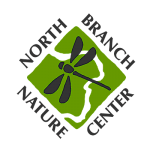
713 Elm Street
Montpelier, Vermont 05602
(802) 229-6206
Hours: Center Open Monday-Friday 9-4
Trails Open 24/7
